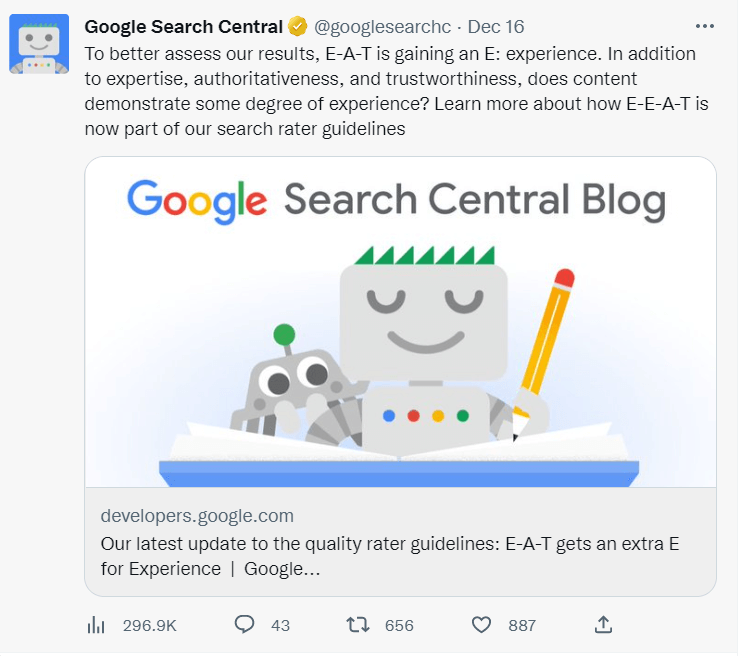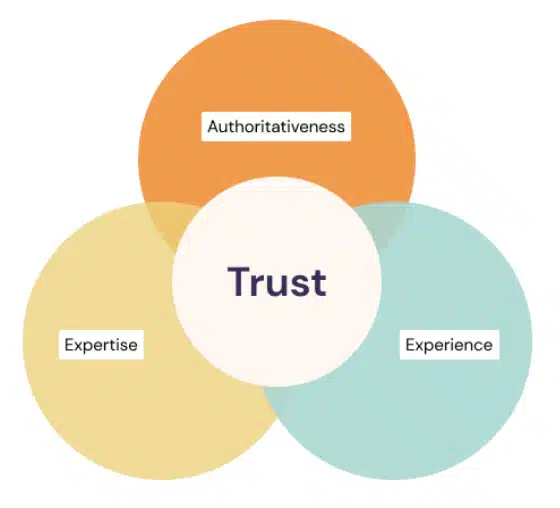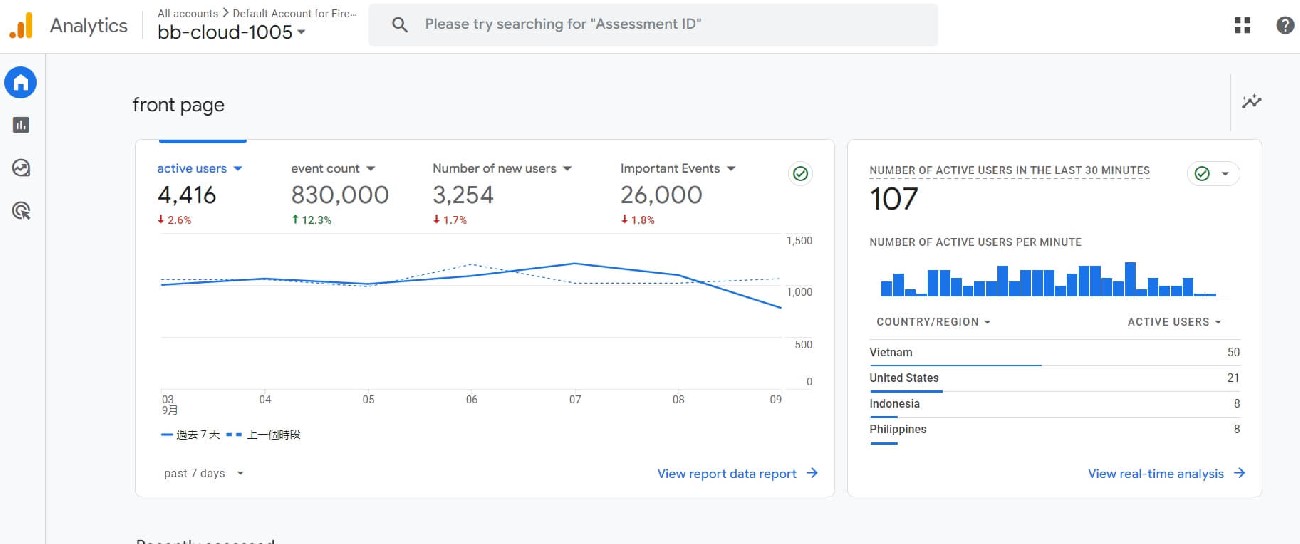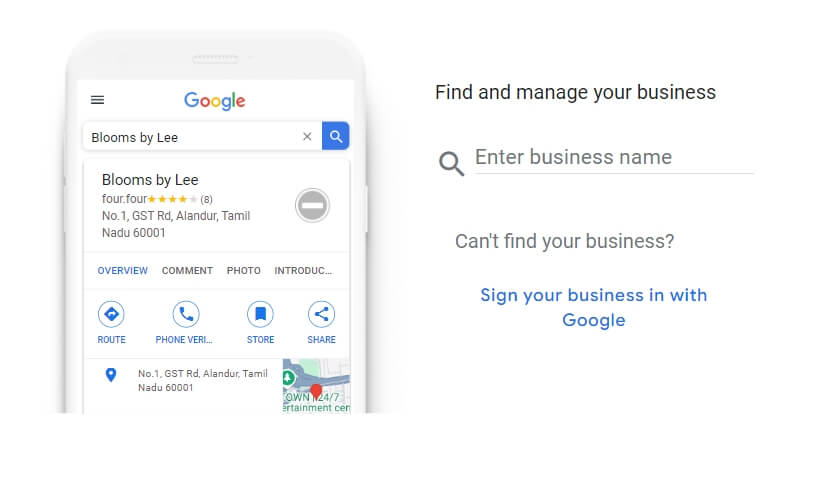On December 16, 2022, Google updated its webpage quality rating guidelines, introducing a new indicator to the EAT (Expertise, Authoritativeness, Trustworthiness) framework: Experience. This newly added "E" emphasizes the personal experience of content creators. The revised framework, now called EEAT, reflects a broader scope of content evaluation, highlighting the importance of firsthand experience alongside expertise, authority, and trust.

What is Google's EEAT?
Most of you may already be familiar with the concept of EAT, which stands for Expertise, Authoritativeness, and Trustworthiness. EAT first appeared in Google’s 2014 Search Quality Rating Guidelines and plays a critical role in assessing content quality and influencing search result rankings.
The introduction of "Experience" to the framework shows that Google is paying more attention to whether the author has personal, firsthand experience with the topic at hand. For example, did the author actually use the product or visit the location they’re writing about? In many cases, users highly value content created by people who have firsthand experience on the subject matter.
With the redefinition of EEAT, Google emphasizes that Trust is the core concept of this framework, which lies at the center of experience, expertise, and authority.

How Google Evaluates EEAT
Google's webpage quality guidelines assess EEAT across multiple chapters, from the lowest to the highest rating.
Lowest EEAT Rating
If a webpage has significantly low EEAT, users cannot or should not trust the page's main content. If a page related to YMYL (Your Money or Your Life) topics shows very poor professionalism, it should be considered untrustworthy and given the lowest rating. If the website or content creator has a terrible reputation, leading many to deem the page or site untrustworthy, it will receive the lowest rating.
Low EEAT Rating
The content creator may lack sufficient experience, for example, if a dining review is written by someone who has never eaten at the restaurant. The content creator may also lack sufficient expertise, such as an article on skydiving written by someone with no expertise in the subject. A website or content creator might not be a recognized authority or a trusted source on the topic, such as offering tax forms for download on a cooking website. A page or site with an untrustworthy purpose, such as an e-commerce page with minimal customer service information, will also receive a low rating.
High EEAT Rating
Pages with high EEAT are trusted by users. Experience is valuable for almost any topic, and when people share their experiences in social media posts and forum discussions, it often results in high-quality content.
Highest EEAT Rating
Websites or content creators with the highest EEAT are the sole authorities on a topic and the preferred source of information. Content creators with extensive experience are seen as having very high EEAT, as experience is a major factor in building trust. High levels of expertise justify a high EEAT rating. Sites and content creators with exceptionally high EEAT are considered the most trusted sources on the internet for specific topics.
How SEO Can Improve EEAT
Experience
Experience requires content creators to have firsthand knowledge of the topic. Content created from personal experience is generally more trustworthy. For example, whose review would you trust more: one from someone who has actually used the product or one from someone who hasn’t? Clearly, the former.
This means that when hiring writers, we should prioritize those with relevant in-the-field experience rather than just SEO writing skills. Additionally, using authentic images or videos to showcase firsthand experiences helps to build trust with users.
Expertise
Expertise reflects the content creator’s professional knowledge of the subject. Some ways to demonstrate expertise include:
Including an author bio section in articles, typically placed at the end of the content.
Publishing author pages that detail the author’s experience and qualifications.
Citing credible sources and linking to them directly in the article.
Authoritativeness
Link Building
The best way to boost a site’s authoritativeness is to earn backlinks from other highly authoritative sites. This doesn’t mean buying paid backlinks but rather creating high-quality content that naturally attracts links.
This topic is broad, so I’ll write a more detailed article on it at a later time.
Content Updates
After creating and publishing content, it’s crucial to update it regularly to maintain its high quality, relevance, and accuracy. For instance, update statistics, check for broken links, and refresh any time-sensitive information. Articles that mention specific years should be updated annually, which is particularly important for high-ranking content.
Trustworthiness
Google's webpage content quality guidelines clearly state that a key aspect of evaluating EAT is knowing who is responsible for the site. The site creator’s information should be visible to users so they can trust the website. This is similar to domain name verification in Baidu, except Google does not enforce mandatory certification.
About Us Page
Adding an About Us page lets users know who you are, what you do, and the services you offer, which helps to boost the trustworthiness of your website. In addition to detailing the website creator's background or company history, you can also display membership badges or awards from professional organizations.
Contact Us Page
Adding a Contact Us page shows users how to reach you. This page should include contact information like a form, phone number, and email address. It’s even better if the contact details are included in the footer navigation of your site.
User Reviews
Displaying user reviews on your website helps to build trust with users. Additionally, having positive reviews on third-party sites, social media, and forums is another great way to establish your site’s reputation and trustworthiness.




